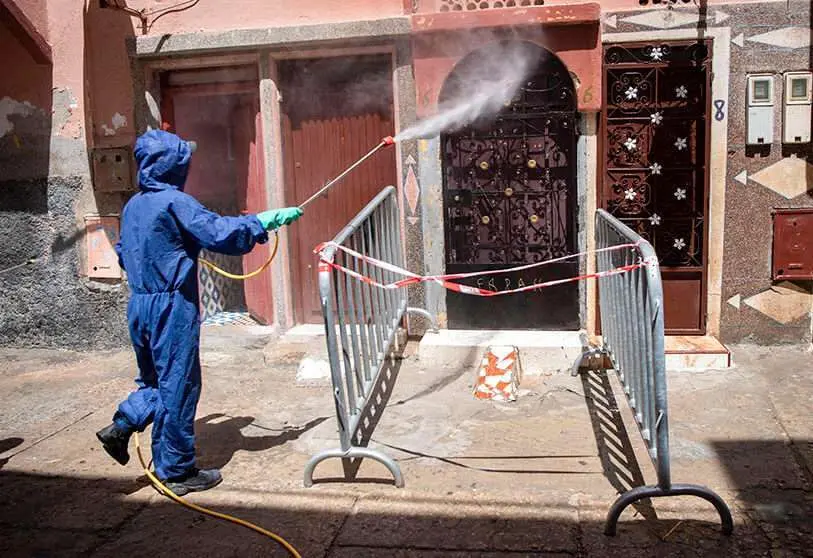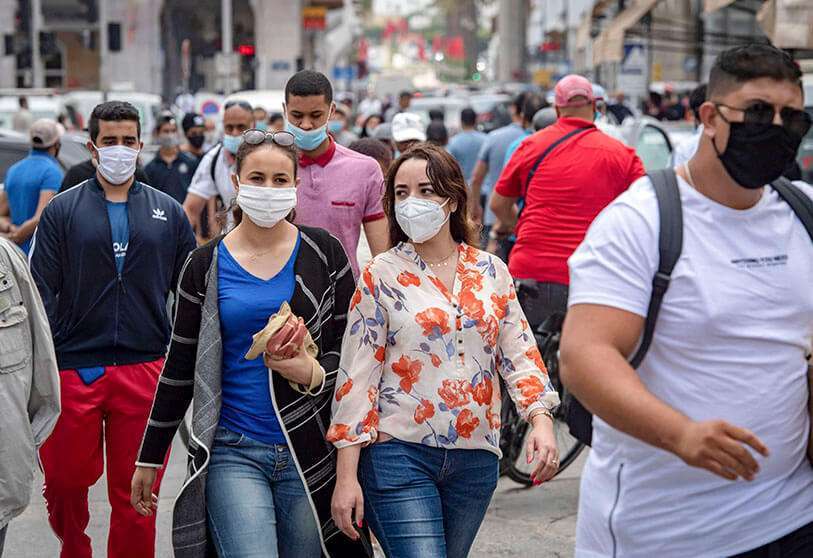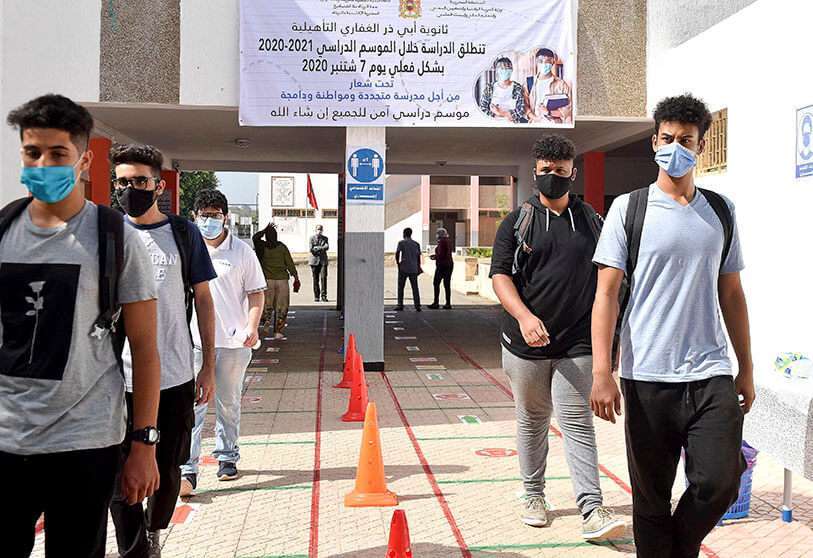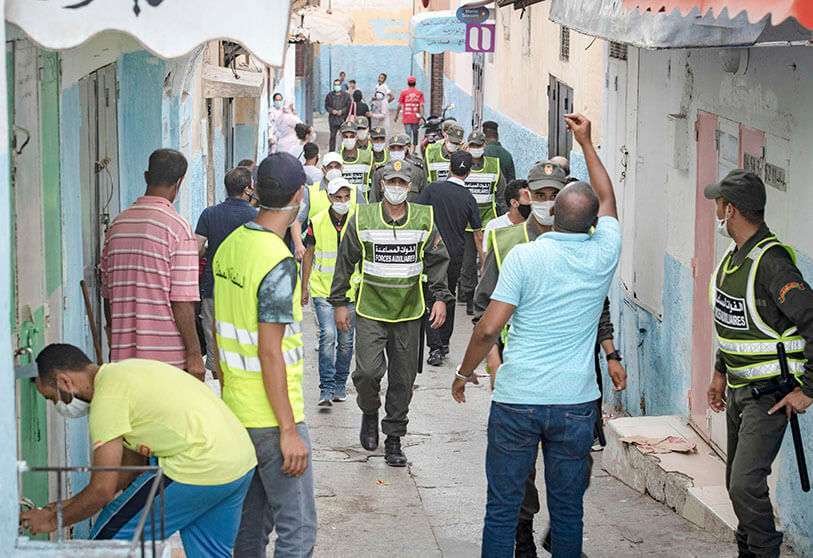Marruecos duplica en un mes los contagios de coronavirus y ya superan los 100.000

Cases of COVID-19 in Morocco already exceed 100,000 infections this Sunday, after a sharp increase in daily infections in recent weeks. In recent hours, the country has recorded 1,927 new cases, bringing the total to 101,743 infections, according to figures published by the Ministry of Health in a statement.
The figures for the last month have soared, with more than half of the cases recorded since August. Since 20 August, the number of new infections has risen to 54,105. Since the start of the de-escalation in mid-July, the cases have not stopped rising and from the thousand new cases a day in August, they rose to two thousand in September.

The Moroccan health minister, Khaled Ait Taleb, announced during an appearance before a parliamentary committee, that 60 percent of the cases since the beginning of the pandemic in Morocco in March had been recorded as from August. "The situation is worrying but controllable. It has not reached a chaotic level that puts pressure on our capacities and our national health system," said the Health Minister, who explained that the country performs 25,000 PCR tests daily and has 13,400 beds for COVID-19 cases distributed in all the country's hospitals.
In the first week of September, Casablanca, the most populated city and economic capital of the country, saw the Government of Morocco close all access to the city for fourteen days after the exponential increase in infections. In a statement, the Executive detailed the restrictions that were taken in the city, which included a night curfew between 10pm and 5am. In addition, the time limit for shops and bars was limited.

Ait Taleb recalled that his team has been reviewing the approved protocols, such as allowing home treatment for asymptomatic cases, extending the approvals offered to private laboratories to perform PCR tests and multiplying military and civilian field hospitals. The return to the classroom in the Alaouite kingdom has also been turbulent, and the multiplication of outbreaks has disrupted the start of the school year in many schools located in cities and confined neighbourhoods. According to the Moroccan Ministry of Education, some 2,250 schools have had to close and more than 950,000 students will continue their classes at a distance.
Authorities fine anyone not wearing a mask 300 dirhams, about 28 Euros, and have applied restrictions in other cities and neighbourhoods, such as Takadoum in the capital of Rabat. This neighbourhood is one of the most disadvantaged and is suffering from one of the longest confinements. Dissatisfied with the measures, the residents forced the barriers set up by the authorities, asking to take up their jobs and end the restrictions applied.

The pandemic evolved very slowly in the first months, thanks to the strict confinement decreed by the authorities and the closure of the borders since 12 March, but in August, with the first confinement measures and the resumption of travel and various activities, contagion has soared.







